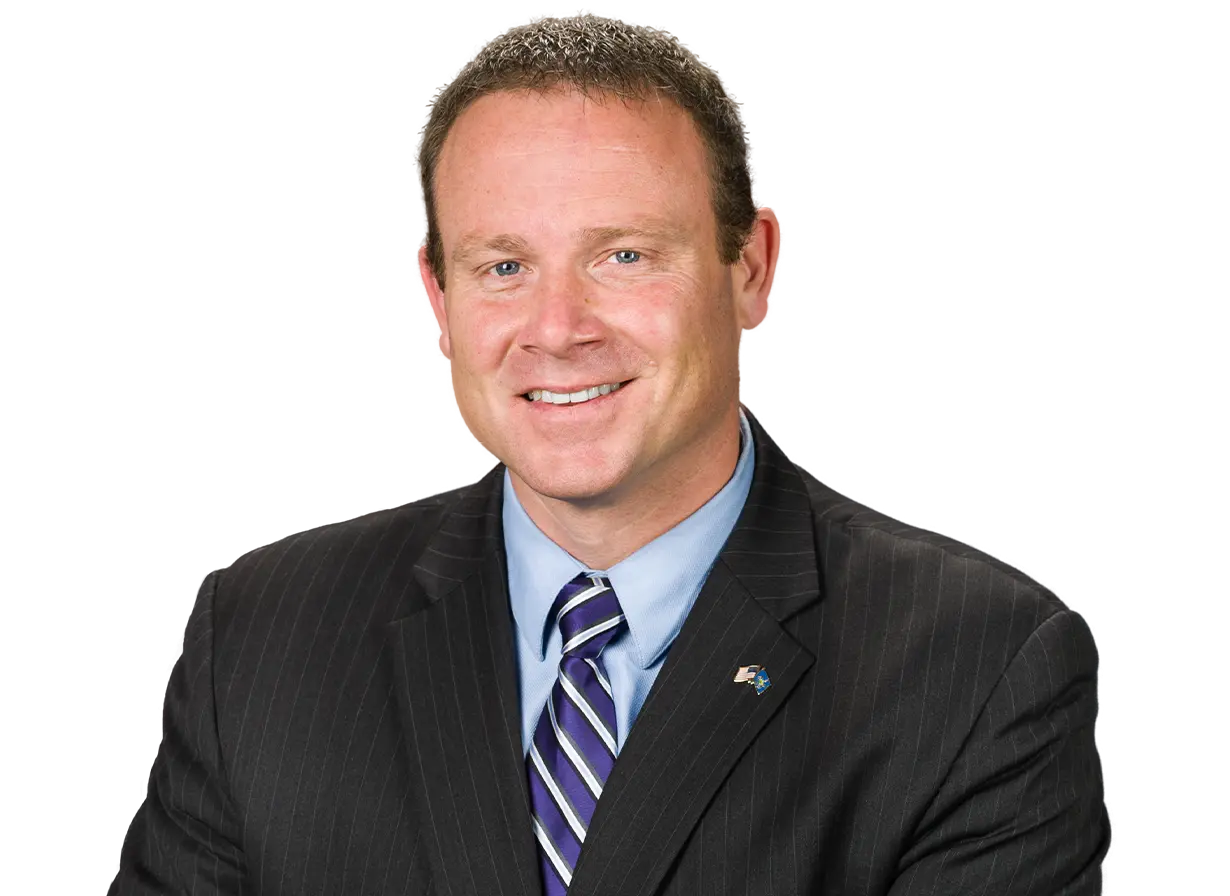HARRISBURG – Pennsylvania families could make informed decisions about pursuing college and job training programs under a bill approved by the Senate today.
Senate Bill 750, sponsored by Senator Scott Martin (R-Lancaster), would require high school seniors to complete the Free Application for Federal Student Aid (FAFSA), which determines eligibility for federal, state and school financial aid programs. Completing the FAFSA ensures families have access to vital information on aid packages for higher education, career and technical education, certificate programs, and more.
Martin said the universal FAFSA policy is a commonsense way to address workforce needs and boost education empowerment and access, which are among the key priorities and principles shared by Senate Republicans in advance of Governor Shapiro’s budget address in March.
“Pennsylvanians shouldn’t have to risk missing out on the opportunity to train for quality jobs simply because they think they can’t afford it,” Martin said. “Completing the FAFSA helps open doors for young people to advance their careers, which can help reverse the troubling economic and demographic trends that have plagued our Commonwealth for many years.”
Under Martin’s bill, families who choose not to complete the application could opt out on a form provided to parents or guardians. The requirement would not go into effect until the 2024-25 school year.
The National College Attainment Network estimates that $3.75 billion in federal Pell Grants went unclaimed nationwide in 2021 alone, including more than $115 million in Pennsylvania.
Previous data indicate that 91.5 percent of students who completed the FAFSA enrolled in postsecondary programs by the following November, compared to less than 50 percent enrollment for students who did not complete the FAFSA.
Nine other states have policies pertaining to completion of the FAFSA. When Louisiana implemented its universal FAFSA policy in 2018, the completion rate jumped by nearly 26 percent.
Pennsylvania’s FAFSA completion rate currently stands at 53 percent.
During the Senate Appropriations Committee’s budget hearings earlier this year, the Chancellor of the Pennsylvania State System of Higher Education and representatives of the Commonwealth’s state-related universities expressed support for a statewide universal FAFSA policy.
CONTACT: Jason Thompson


